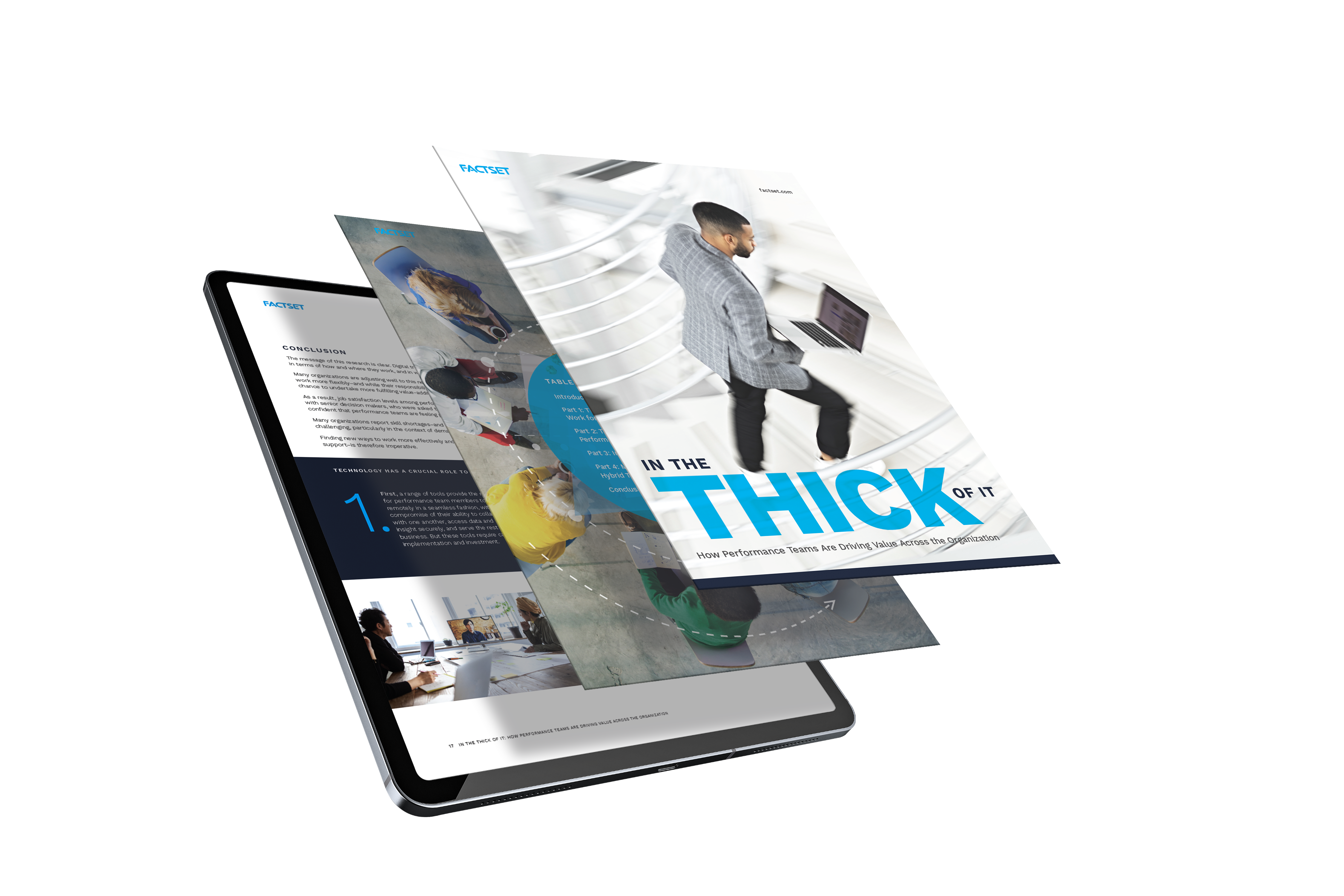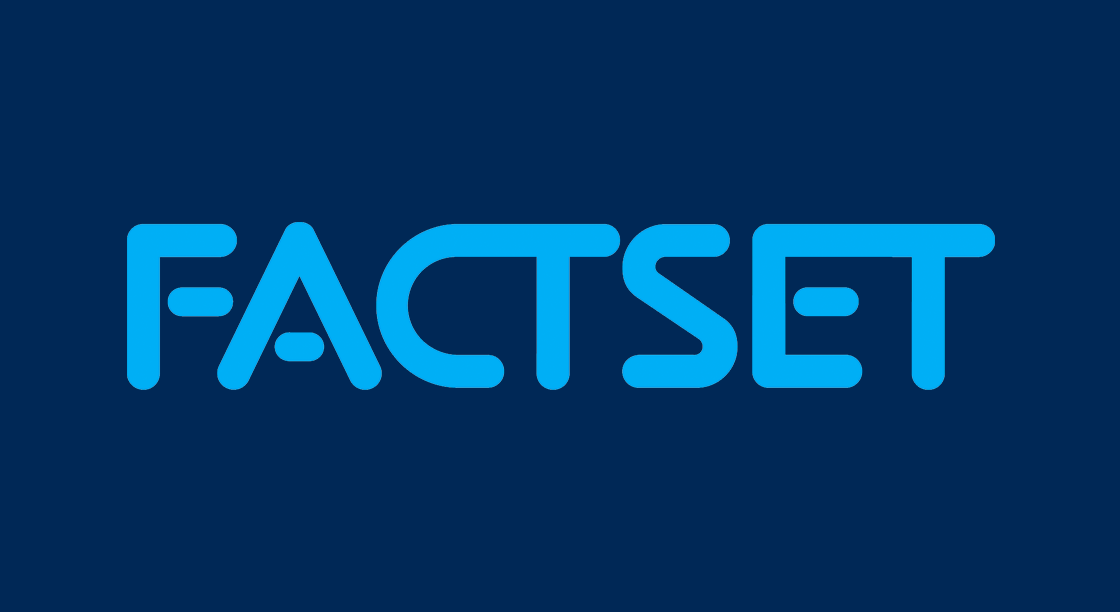-
-
- Your Industry
- Solutions
-
Marketplace
-
Delivery Methods
-
APIs
Content, analytics, functional, and utility APIs
-
Data Feeds
FactSet and third-party concorded datasets
-
Platforms
Integrated software solutions across front, middle and back office
-
APIs
-
Trending Data Categories
-
Popular Platform Products
-
-
Insights
-
Insights
-
FactSet Insight Blog
Subscribe to insights from FactSet experts across topics that matter to you
-
Companies & Markets
Make smarter—and more informed— decisions with regular market outlooks
-
Data Science & AI
Stay up-to-date on the latest perspectives around AI
-
Earnings
Access unique analysis and commentary on earnings data for S&P 500 companies
-
FactSet Insight Blog
-
Resources
-
Resource Library
Access our brochures, case studies, videos, and more
-
Videos
Watch our brand, thought leadership, and solution videos
-
News & Events
Access the latest news about FactSet and explore upcoming events
-
Case Studies
See how our clients are putting FactSet solutions to work
-
Product & Solution Tours
Experience our products and workflow solutions firsthand
-
Resource Library
-

eBook: In the Thick of It: How Performance Teams Are Driving Value Across the Organization
Read the eBook
-
-
Our Company
-
About Us
-
Values & Recognition
-
Careers

Join a team of highly motivated, talented individuals who are empowered to find answers through creative technology.
Explore Career Opportunities
-
- Why FactSet
- FactSet Login





